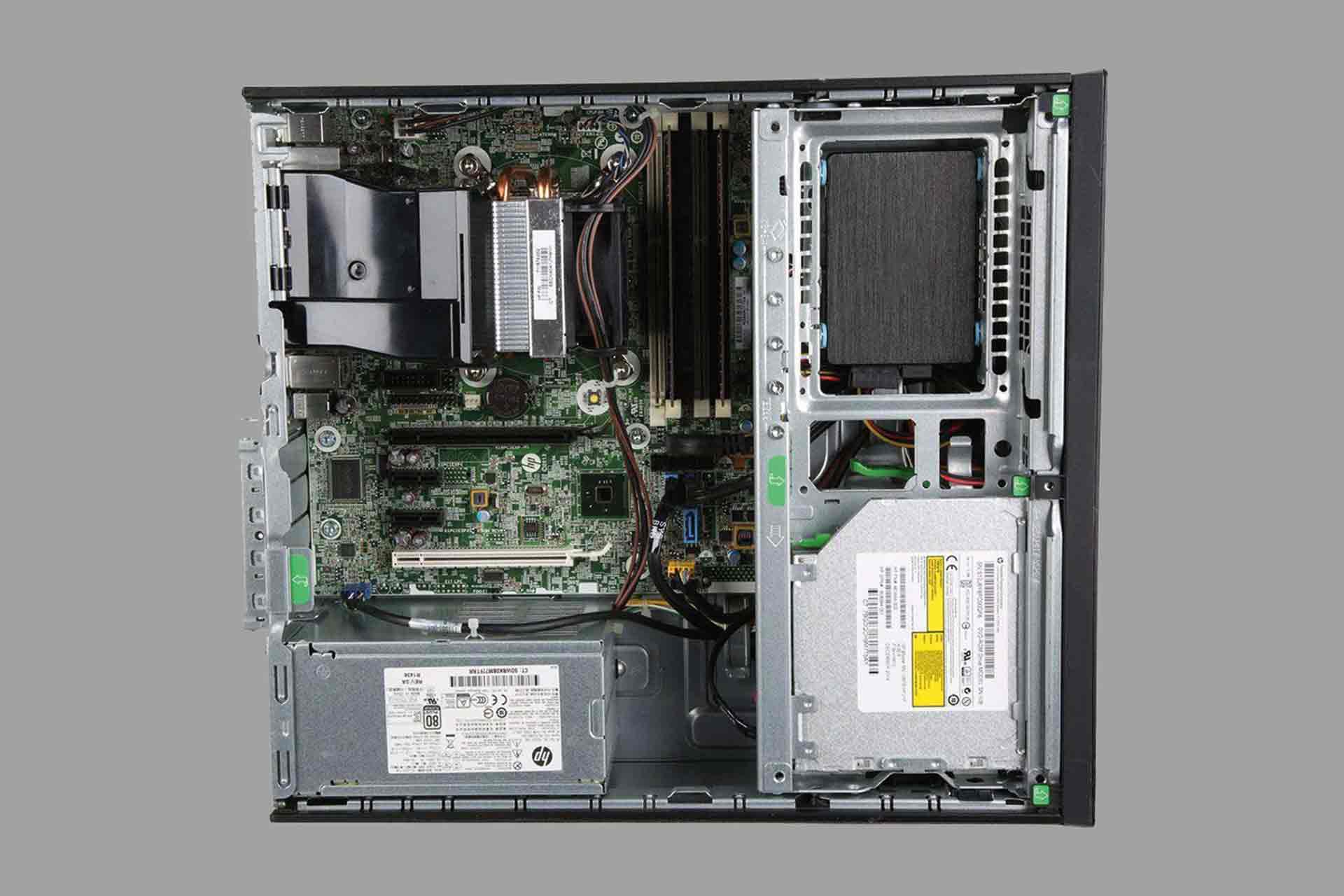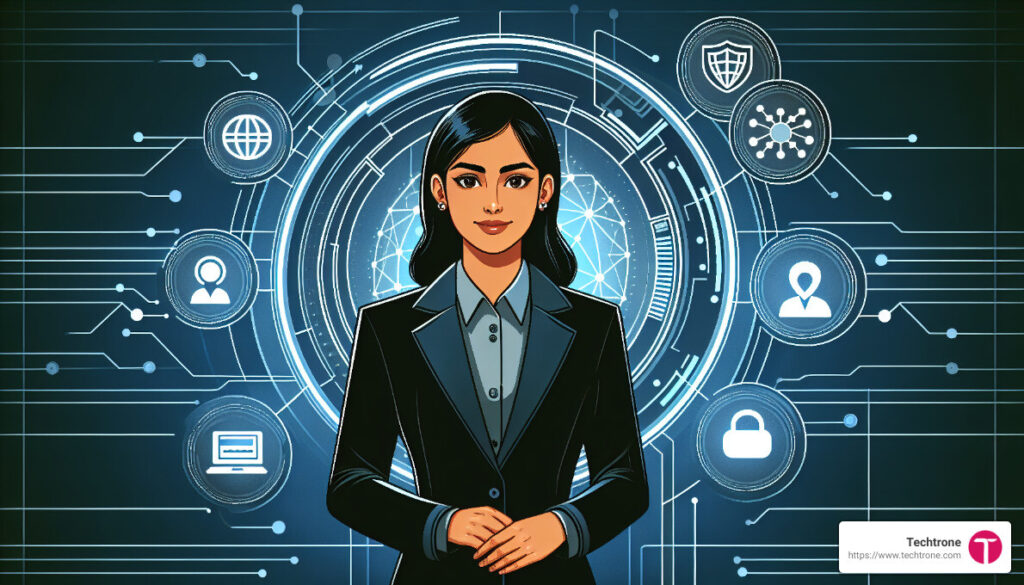Choosing your next PC is easy if you know what you should be looking for, you only need to ask yourself some critical subjects:
Here are some fundamental non-technical points you might consider:
1. Do I need Mobility or Performance?
Laptops are portable, cable-free and you can use it wherever you stay. However, the desktop computer is built for High Performance and gaming but can also end up more costly. They also take up significantly more space than a laptop.
2. Should I go for Apple or Microsoft?
Choosing between Apple or Windows PC: Its mainly depend on your personal preference and what type of programs are you going to use, some software/games are limited to specific OS and even architecture. Apple computers are typically more pricey than an equivalently powerful Windows PC. So check your budget..
3. Check the Basic Hardware component:
There are a few primary components in each computer (Either a desktop or laptop)
– Hard Disk: This is the storage for your computer. Storage is measured in gigabytes (GB) or Terabytes (TB), MB.
All of your files, programs, photos, and music (DATA) are sharing this space. In general, the more storage, the more significant.
– There are two types of storages one is the HDD = Mechanical Disks (Used in most of the computers especially the desktop)
– SSD = Solid State Drives, almost 4X faster than HDD but its the expensive once.
– RAM/Memory: This is specific storage that programs/OS use to keep temporary information “Working Memory.” Insufficient RAM could lead to sluggishly or even crash for your programs frequently. 8 GB is a good baseline number for RAM, for most users. However, gamers might want at least 16 GB.
– CPU: The central processing unit considers the brain of your computer. It handles all the logical instructions you give your computer and process it. During the past years, CPUs were vastly upgraded. Bottom line: the faster it does this, the better.
– Add-ons: There is some hardware component inside the PC such as Bluetooth, LAN, Wireless, CD/DVD RW, USB 3 Ports, HDMI, VGA.
Note: In the newer models most of the Laptops don’t have these capabilities: LAN, DVD you should consider that if you need to.
If you are confused to choose one, or you need further assistance with migrating Data or setup. Contact us now at (516) 500-1664



